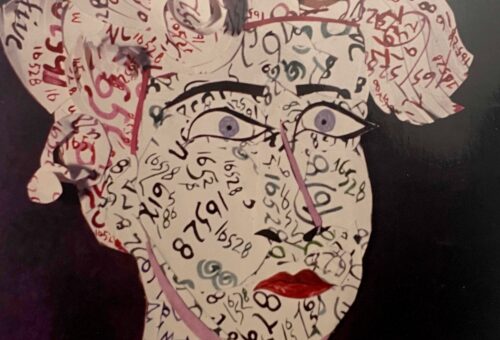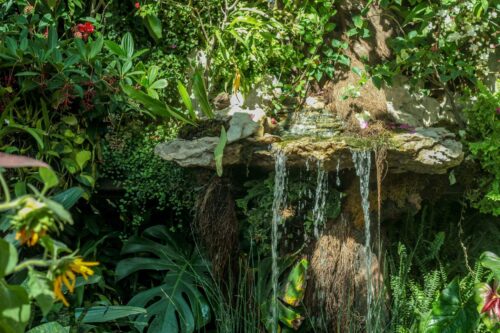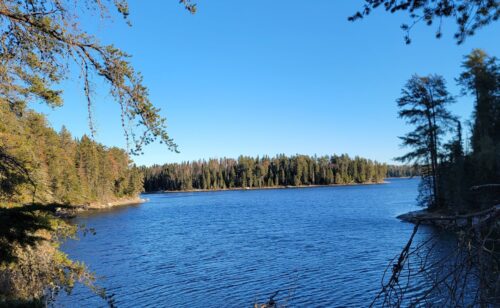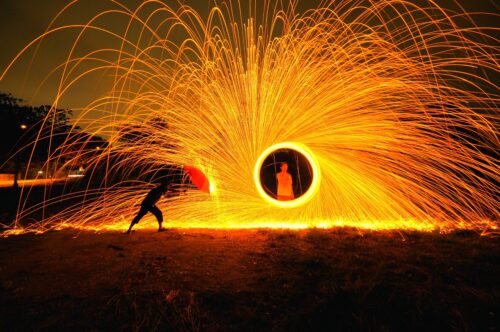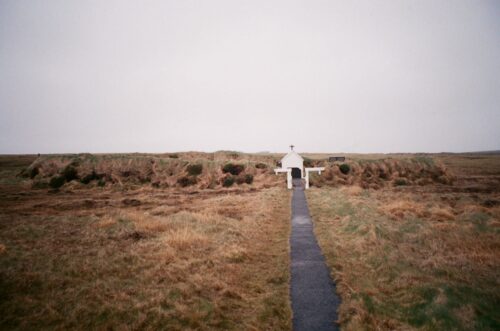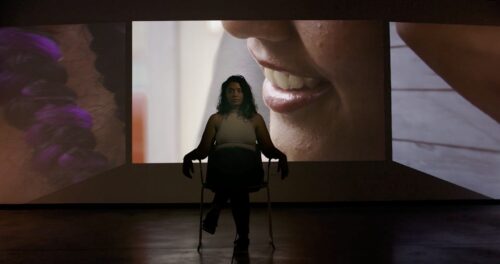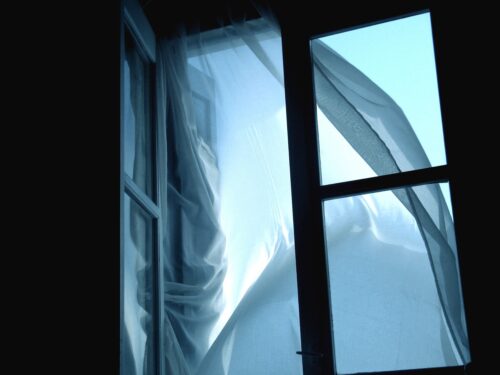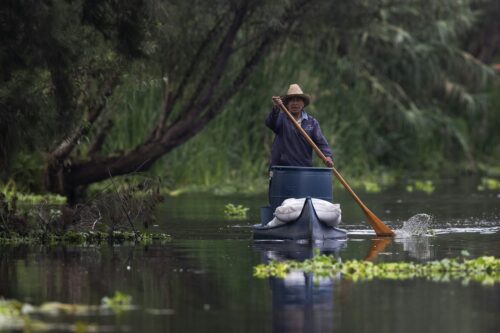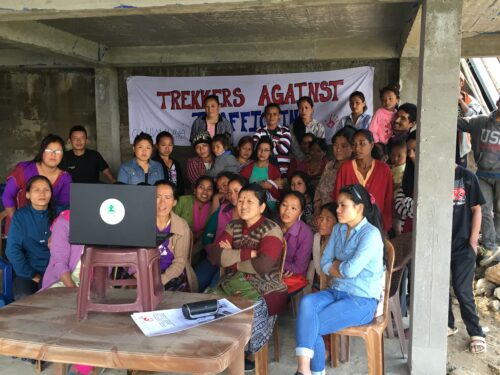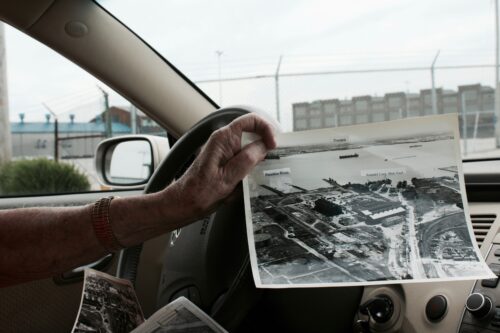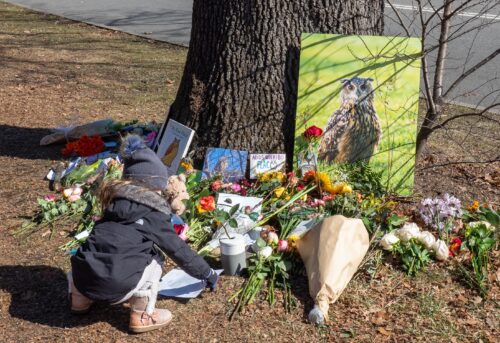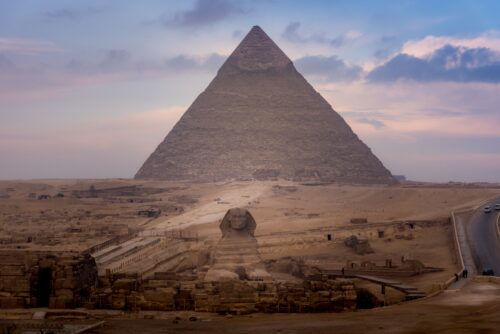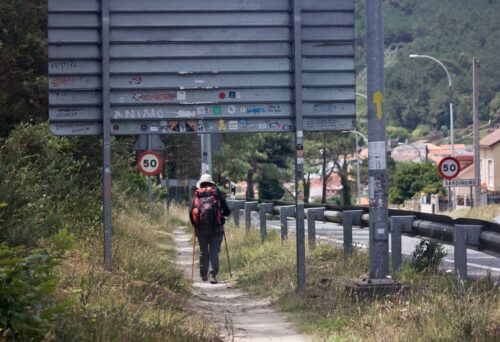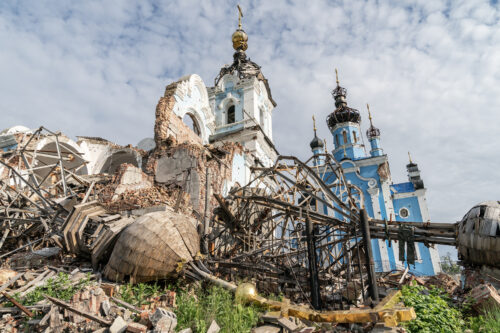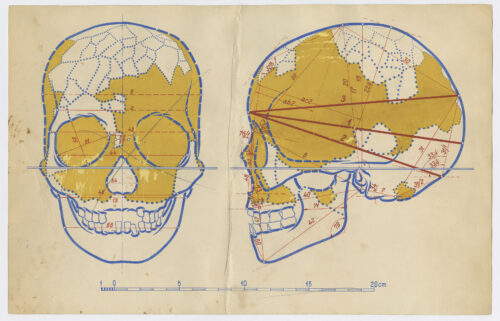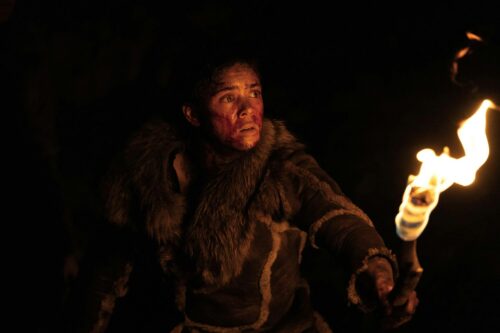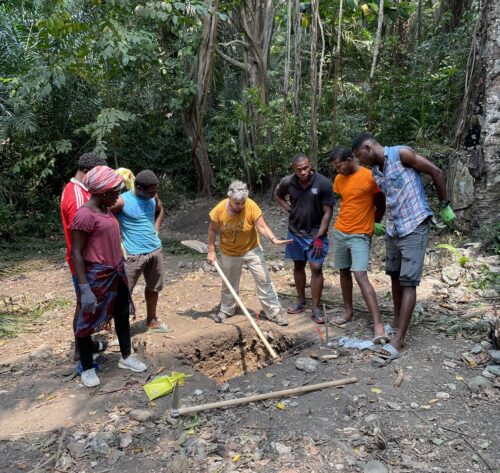From the Margins to the Mainstream: Black and Indigenous Futures in Archaeology
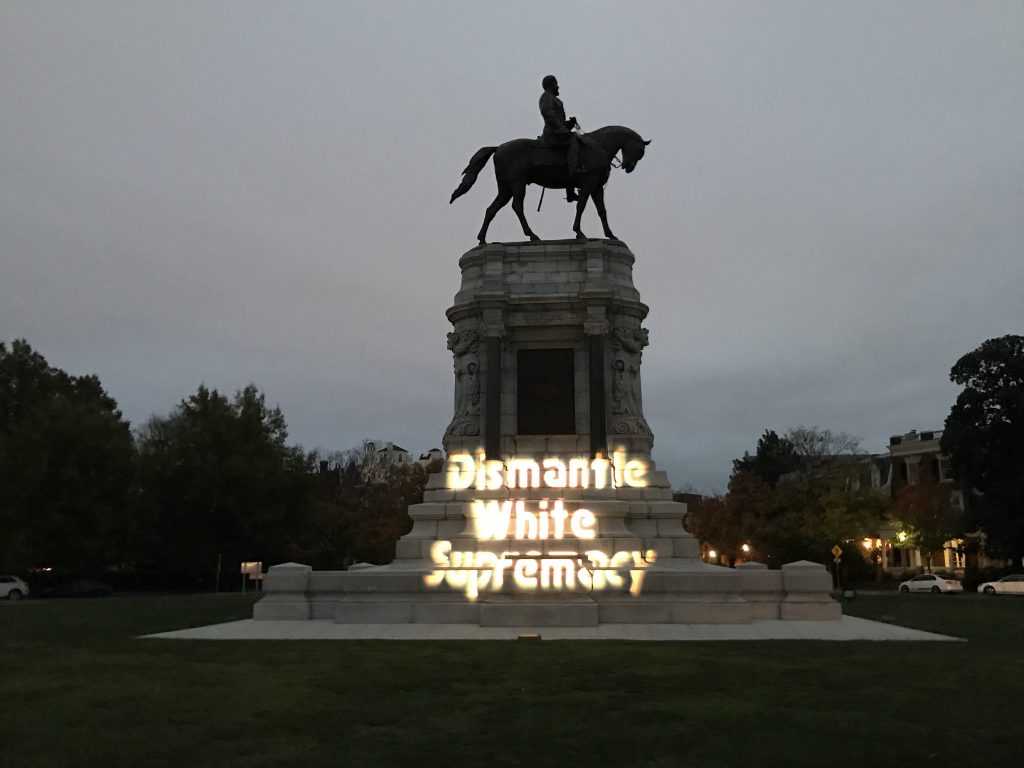
In mid-2020, widespread protests against police violence and anti-Black racism swept the globe. In the wake of these protests, many people looked to build new momentum in the fight for civil rights and social justice.
The field of archaeology has its own history to confront. Racism, elitism, and colonialism suffuse the discipline and its practices. Although some scholars have long been working to unearth these stories and envision a new future for the field, much work remains to be done.
To advance critical conversations about archaeology, a coalition of organizations created a nine-part webinar series. These public dialogues—intended for both scholars and the larger public—were among academics, artists, and community members. The topics traveled from problematic monuments, to repatriation, to new forms of storytelling, to questions about the future of Indigenous and Black archaeologies. Pushing and pulling this conversation were issues of human rights, restorative justice, heritage stewardship, and systems of knowledge.
The 2020–2021 webinar series was organized by the leadership of the Society of Black Archaeologists (Justin Dunnavant and Ayana Flewellen), Indigenous Archaeology Collective (Sara Gonzalez and Ora Marek-Martinez), Cornell Institute of Archaeology and Material Studies (Adam T. Smith), Wenner-Gren Foundation for Anthropological Research (Danilyn Rutherford), and SAPIENS (Chip Colwell). Additional material support came from seven university-based archaeology centers and a museum.
Explore the webinar series below and watch the recorded panels. Join the conversation and keep it moving.
PART 1
As the Statues Fall: A Conversation About Monuments and the Power of Memory
PART 2
PART 3
An Archaeology of Redress and Restorative Justice
PART 4
Black and Indigenous Storytelling as Counter-History
PART 5
“For the Welfare of the Whole People”: Heritage Stewardship in Indigenous and Black Communities
PART 6
Unsettling the Past: Radically Reimagining Archaeological Knowledge
PART 7
Fugitive Archaeological Spaces
PART 8
The Fire This Time: Black and Indigenous Ecologies
PART 9
SPONSORS:
Archaeological Research Center, University of California, Santa Cruz
Archaeological Research Facility, University of California, Berkeley
Cornell Institute of Archaeology and Material Studies
Cotsen Institute of Archaeology
Joukowsky Institute for Archaeology and the Ancient World
Museum of Anthropological Archaeology, University of Michigan
Robert S. Peabody Institute of Archaeology
The Andrew Fiske Memorial Center for Archaeological Research, University of Massachusetts, Boston
